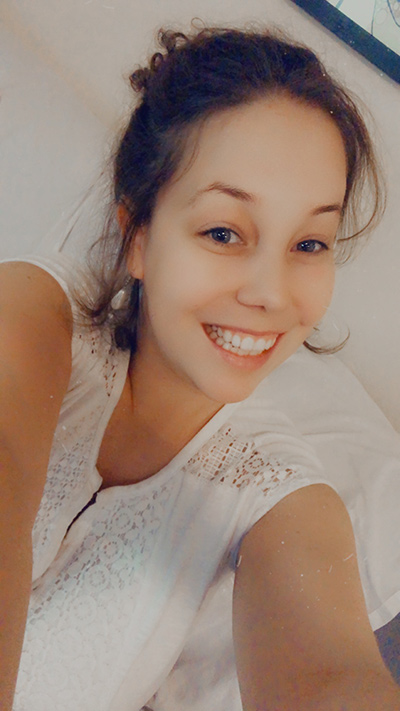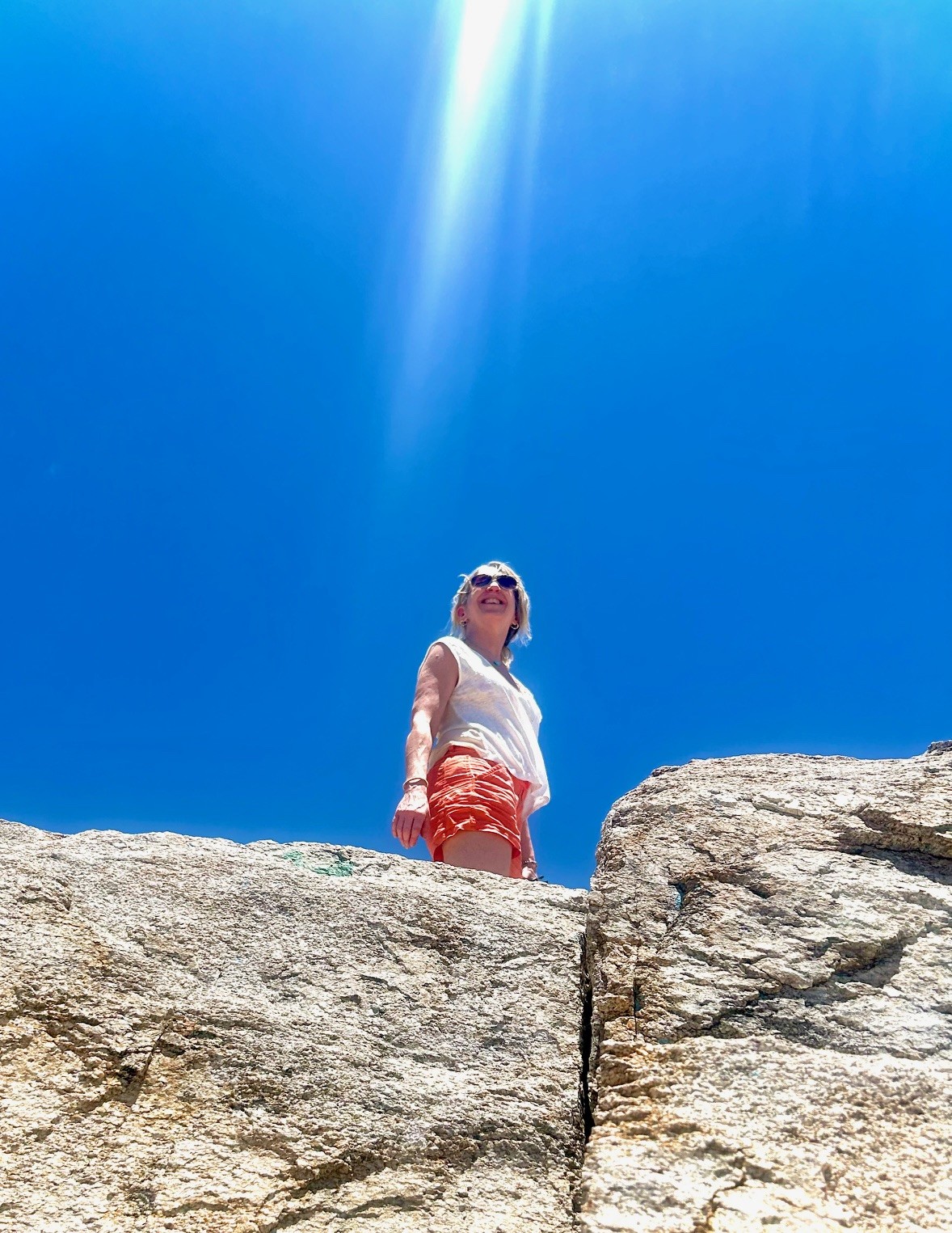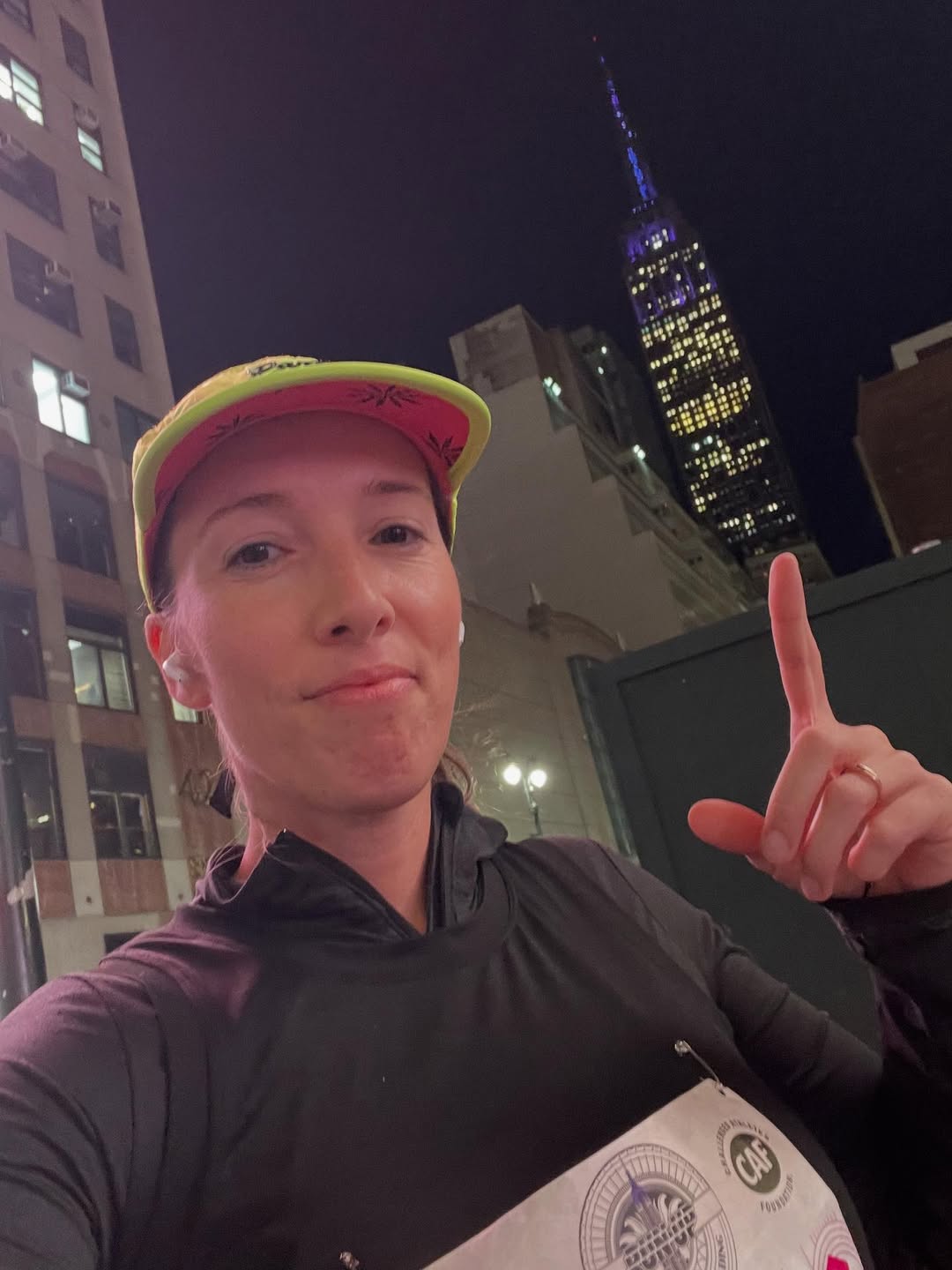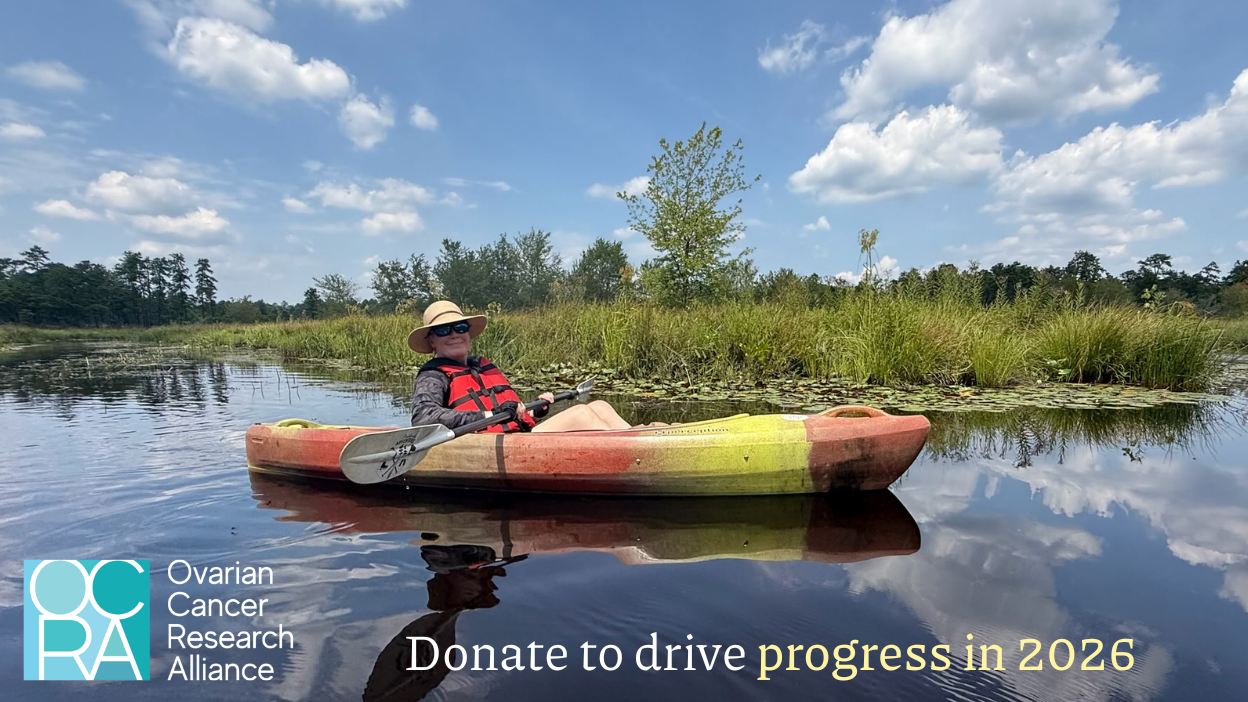
Angela Marie lives in Valdosta, Georgia, and was diagnosed with a mixed yolk sac tumor and adult granulosa cell tumor at age 24.
What has been your frustration in having a rare form of ovarian cancer?
In having a rare ovarian cancer type, initially my biggest frustration was the lack of information out there for my tumor type. After my diagnosis, I went on the typical “gather ‘ALL’ the information” frenzy, researching like crazy to obtain as much information as I could about what I was in for. But there was hardly anything out there! It really opened my eyes as to the rarity of the cancer type and importance of research.
Where have you found community?
In the midst of treatment it was hard for me to find community as I experienced severe side-effects and remained majorly isolated. Post treatment, I found community with OCRA and the Woman to Woman program. It is unfortunate that I only discovered those programs post-treatment because they would have been enormously beneficial during!
How do you feel both a part of and apart from the greater ovarian cancer community?
Providing mentorship and talking to other ovarian cancer survivors allows me to feel as if I am a part of the cancer community. I found a specific Facebook group that accepted people with my tumor type, not just ovarian cancer in general. It is the club that no one wants to be a part of. But talking to the people who are actively going through treatment helps me feel like I’m truly helping peers with the insight I’ve gained…treatment wasnt that long ago for me. I can speak to them on a peer level and be that reminder that there is a light at the end of the tunnel. Speaking to other survivors reminds me that I am not alone. When I can’t be the light at the end of the tunnel for myself, and when the emotions that come with being a survivor drain me, there’s an entire community that can remind me that it gets better.
During treatment, my age was a huge part of what made me feel the most isolated from the greater cancer community. I recall at the beginning of my cancer journey attending one support group. While the women were all welcoming, and through no fault of their own…it was not a positive experience for me. Every single woman was 50+ years of age and not one had my rare cancer diagnosis. It made me feel so alone in that group of older women. I was experiencing anxiety surrounding potential loss of fertility and they were past that stage of life. And with none of them having a rare diagnosis, it made my prognosis seem so much more terrifying. Maybe I wasnt going to see 50? Maybe I shouldn’t worry about having babies, because I wouldn’t make it that long? Not knowing someone in the same position as myself made me feel so alone.
Note from OCRA: The GCT Survivor Sisters! page on Facebook is a “closed” group (not affiliated with OCRA) comprised of granulosa cell tumor survivors, and is a supportive network for those going through a GCT diagnosis.
What gives you hope?
So many things give me hope. My husband to start. Calling him my rock is not sufficient. I can always rely on him to pick me up on the worst days and remind me that my track record of getting through terrible things is pretty good so far. I have countless family and friends who I could not have gotten through treatment without. Medical and scientific advances give me hope that one day we may be able to alter the course of this disease.
What do you want to shout from the rooftops?
BE YOUR OWN ADVOCATE and LISTEN TO YOUR BODY ! I as many survivors know, many of the symptoms of ovarian cancer are subtle and your typical screening tests like your PAP will NOT detect it. If you feel something, say something.


